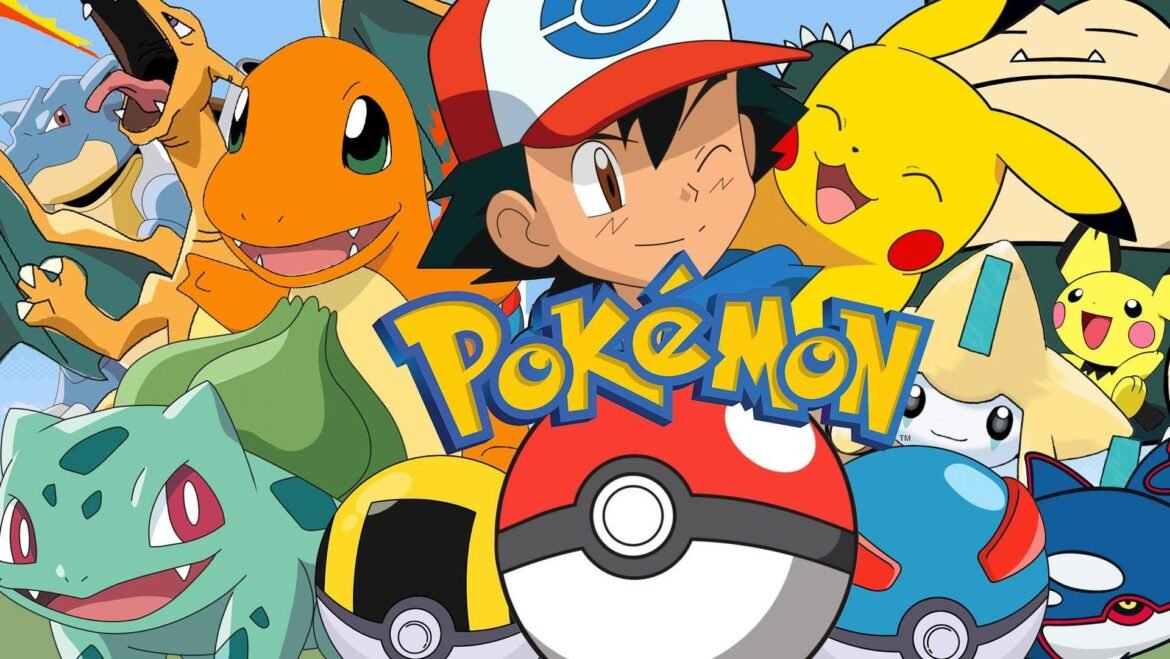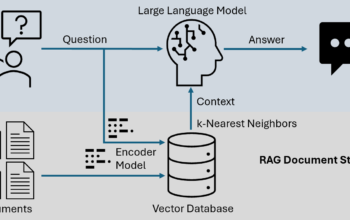Pokemon began as a video game series in 1996 and has since evolved into a global phenomenon. Created by Satoshi Tajiri and Ken Sugimori, Pokemon was originally developed by Game Freak and published by Nintendo. The core idea centers around fictional creatures called “Pokemon,” which trainers capture and train to battle one another. The franchise quickly expanded to include trading card games, animated TV shows, movies, toys, and more. The slogan “Gotta Catch ‘Em All” emphasizes the thrill of collecting various Pokemon species. This excitement drew millions of fans worldwide, making Pokemon one of the most successful franchises in history. Over the years, Pokemon has undergone numerous transformations, introducing new generations of Pokemon and gameplay mechanics. Its simple yet engaging concept allows players of all ages to enjoy the experience, fostering a community that spans different cultures and backgrounds.
The Different Types of Pokemon
Pokemon are categorized into different types, each with unique abilities and characteristics. The main types include Fire, Water, Grass, Electric, Psychic, and many others. Each type has strengths and weaknesses against other types, which adds a strategic layer to battles. For example, Water-type Pokemon are strong against Fire-types but weak against Electric-types. Understanding these interactions is crucial for trainers, as it helps them build effective teams and win battles. Beyond just battling, type diversity encourages players to explore various strategies, fostering creativity. This system also promotes collaboration and competition among players, as they trade and battle to complete their Pokedex. With over 800 Pokemon spanning multiple generations, the variety of types keeps the gameplay fresh and exciting, allowing trainers to adapt their strategies as new Pokemon are introduced.
How Pokemon Games Work
The main series of Pokemon games typically revolve around a trainer embarking on a journey to capture and train Pokemon. Players start with a choice of one of three starter Pokemon and travel through different regions, battling gym leaders to earn badges. The ultimate goal is often to become the Champion of the Pokemon League. Players engage in battles, train their Pokemon to level up, and capture new species using Pokeballs. The gameplay mechanics are designed to be intuitive, allowing players to easily understand how to battle and level up their Pokemon. Additionally, many games include features like trading and multiplayer battles, which enhance the social aspect of the game. Players can connect with friends locally or online to share their collections and compete against each other. This combination of adventure, strategy, and social interaction keeps players engaged and invested in their journey.
The Role of Pokemon in Media
Beyond video games, Pokemon has made a significant impact on various media platforms. The animated TV series debuted in 1997 and quickly gained popularity, following the adventures of Ash Ketchum and his Pikachu. This show introduced viewers to the world of Pokemon and deepened their connection to the franchise. Alongside the TV series, numerous animated movies have been released, often showcasing legendary Pokemon and epic battles. The franchise has also extended into comics, manga, and novels, further enriching the Pokemon universe. Merchandise is another vital aspect, with toys, clothing, and accessories featuring beloved characters. The diverse media presence of Pokemon allows it to reach audiences of all ages, ensuring its continued relevance in popular culture. As a result, Pokemon remains a cherished part of many people’s childhoods and continues to captivate new generations.
The Pokemon Community
The Pokemon community is a vibrant and diverse group of fans who share a common love for the franchise. This community spans across the globe, united by their passion for capturing, training, and battling Pokemon. Social media platforms and forums have become popular spaces for fans to connect, share strategies, and discuss their favorite Pokemon. Trading is a significant aspect of the community, as players often seek to complete their Pokedex by acquiring Pokemon from others. Events such as Pokemon tournaments and conventions allow fans to meet in person, compete, and celebrate their shared interests. The sense of camaraderie in the Pokemon community is palpable, as players help each other improve and enjoy the games together. This strong community support enhances the overall experience, making Pokemon more than just a game—it’s a way to connect with others who share similar interests.
The Impact of Pokemon on Culture
Pokemon’s influence extends beyond gaming into broader culture. It has shaped video gaming trends and inspired countless other franchises. The franchise’s catchy music, memorable characters, and innovative gameplay have left a lasting mark on the gaming industry. Additionally, Pokemon has permeated various forms of art and fashion, with artists drawing inspiration from the unique designs of the creatures. Collaborations with fashion brands have resulted in clothing lines featuring iconic Pokemon, further embedding the franchise in contemporary culture. The concept of Pokemon has also sparked discussions about friendship, perseverance, and teamwork, resonating with fans of all ages. As new games and media continue to be released, Pokemon’s cultural relevance remains strong, inspiring creativity and joy in millions around the world.
Conclusion
In summary, Pokemon is more than just a game; it’s a cultural phenomenon that has captivated audiences for decades. From its humble beginnings as a video game series to a multifaceted franchise, Pokemon has left an indelible mark on entertainment and culture. The variety of Pokemon types, engaging gameplay, and strong community create a rich experience for players. As the franchise evolves, it will likely continue to inspire and connect people across the globe, reminding us of the power of imagination and the joy of adventure. The future of Pokemon looks bright, with new generations of trainers ready to embark on their journeys and continue the legacy of “Gotta Catch ‘Em All.”




